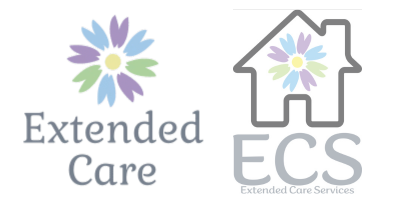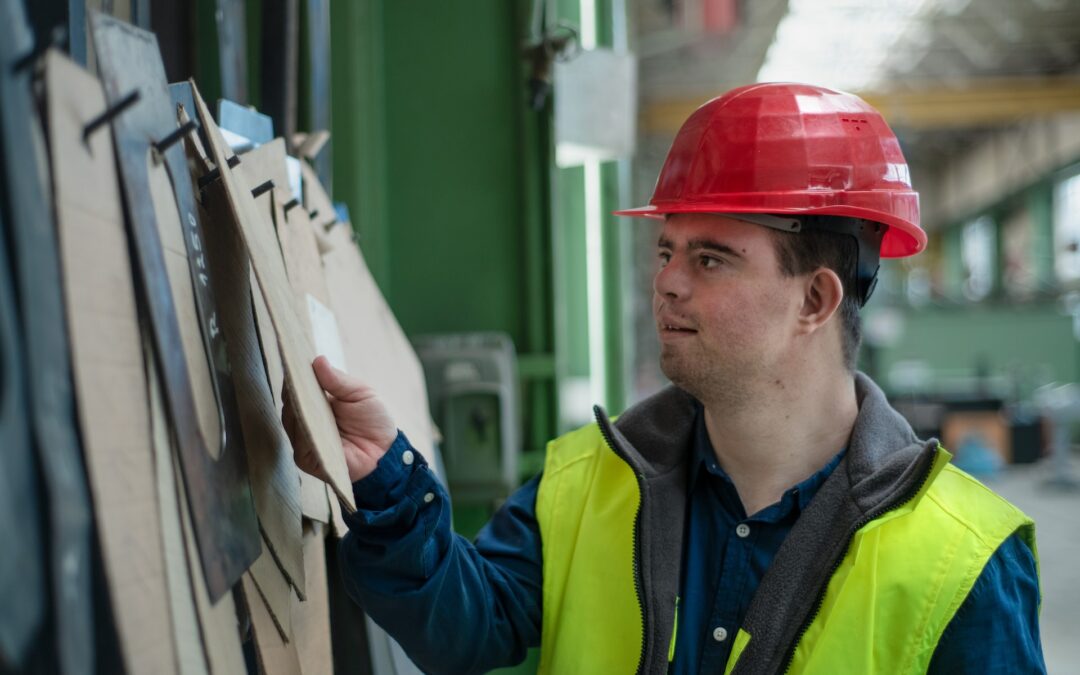As the world becomes more inclusive and diverse, it’s crucial to recognize the importance of community integration for people with disabilities. Community integration refers to the opportunity for individuals with disabilities to participate fully in society with as little buffer as possible, including living, working, learning, and socializing with their non-disabled peers.
The idea is to ensure that individuals with disabilities can participate in the same activities, use the same services, and enjoy the same opportunities as those without disabilities. So, to better understand how we can help people with disabilities attain a good quality of life, it’s worth learning how community integration can impact them in more ways than one.
The Importance of Community Integration for People with Disabilities
1. Enhancing Personal Development and Growth
One of the key benefits of community integration for people with disabilities is the chance to develop various skills and abilities. By engaging in diverse social, educational, and vocational activities, individuals can broaden their horizons and grow both personally and professionally. This increased exposure to different experiences can help build self-confidence, resilience, and independence—attributes that are critical for leading a fulfilling and meaningful life.
2. Reducing Social Isolation and Promoting Social Connections
Social isolation is a common concern among people with disabilities, as they may experience difficulties in forming and maintaining relationships due to physical, communication, or cognitive barriers.
Community integration aims to bridge this gap by promoting social interactions and creating opportunities for people with disabilities to develop meaningful connections with others. These connections can provide emotional support, enhance self-esteem, and contribute to a sense of belonging, which are all vital elements of well-being.
3. Facilitating Access to Essential Services and Resources
Access to appropriate and timely services and resources is critical for people with disabilities to maintain their health, well-being, and independence. Community integration seeks to ensure that individuals can access these services, such as healthcare, housing, transportation, and employment, without facing discrimination or barriers.
4. Challenging Stereotypes and Reducing Stigma
One of the obstacles that people with disabilities often face is the stigma and stereotypes associated with their conditions. Community integration can play a crucial role in breaking down these barriers by fostering understanding and acceptance.
As individuals with disabilities become more visible and engaged in various aspects of community life, they can challenge misconceptions, demonstrate their capabilities, and highlight their contributions. This shift in perception can help create a more inclusive and empathetic society.
5. Promoting Equality and Social Justice
Community integration is a matter of social justice and equality. It is based on the belief that people with disabilities have the same rights as everyone else and should be able to participate fully in the life of their communities.
By promoting inclusion and removing barriers, community integration can help address the systemic injustices and inequalities that people with disabilities often face, ensuring that they have a voice and a place in society.
How to Achieve Community Integration
There are several ways in which community integration can be achieved, and it requires a collaborative effort from various stakeholders, including individuals with disabilities, their families, service providers, and policymakers. Some strategies to promote community integration include:
- Developing inclusive policies and legislation that protect the rights of people with disabilities and promote equal opportunities in areas such as education, employment, and housing.
- Ensuring that public spaces, transportation systems, and communication channels are accessible to people with disabilities, in line with the principles of universal design.
- Providing person-centered services and supports that empower individuals with disabilities to live independently and make choices about their lives.
- Building awareness and understanding among the general public to challenge stereotypes, reduce stigma, and promote acceptance of people with disabilities.
- Encouraging collaboration between various community organizations and stakeholders to create inclusive and supportive environments for people with disabilities.
The Bottom Line
As we work towards creating a more inclusive world, community integration must be at the forefront of our efforts, ensuring that people with disabilities are empowered and supported to lead fulfilling and meaningful lives.
If you or someone you know is looking for a host home provider in Colorado, contact us today at Extended Care to learn more about our services. Our experienced staff is dedicated to connecting you to the best sources that offer high-quality, personalized care. At Extended Care, we also offer supported community connections—providing people with disabilities the opportunity to connect with their community, engage in meaningful activities, and participate in social activities.

